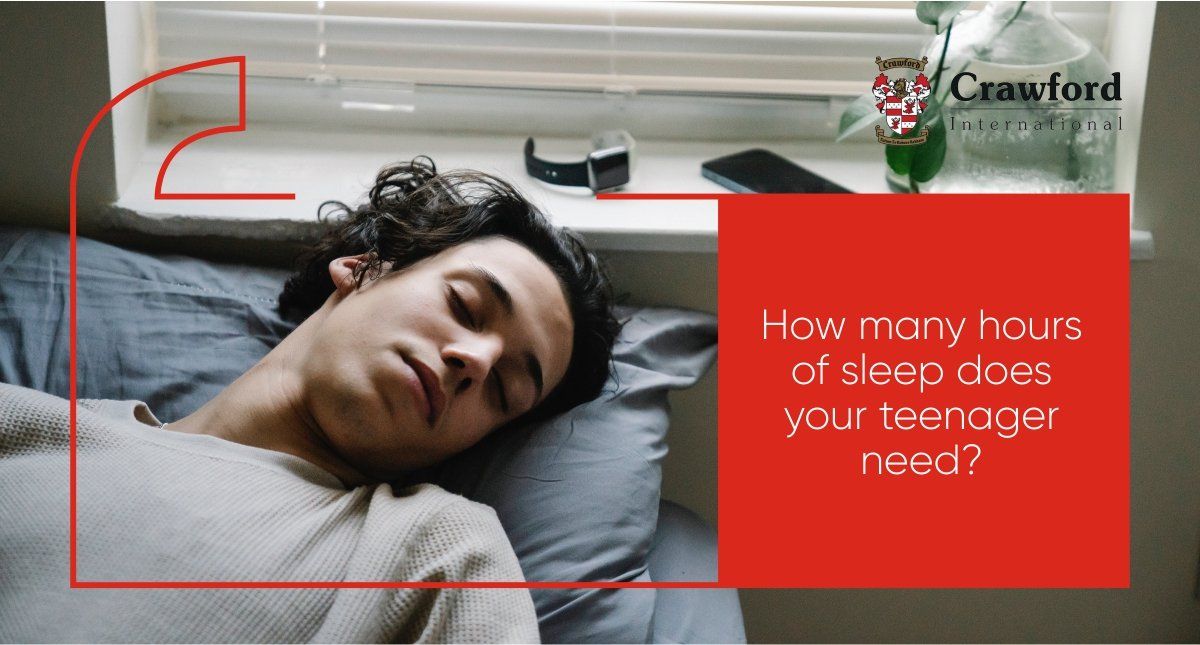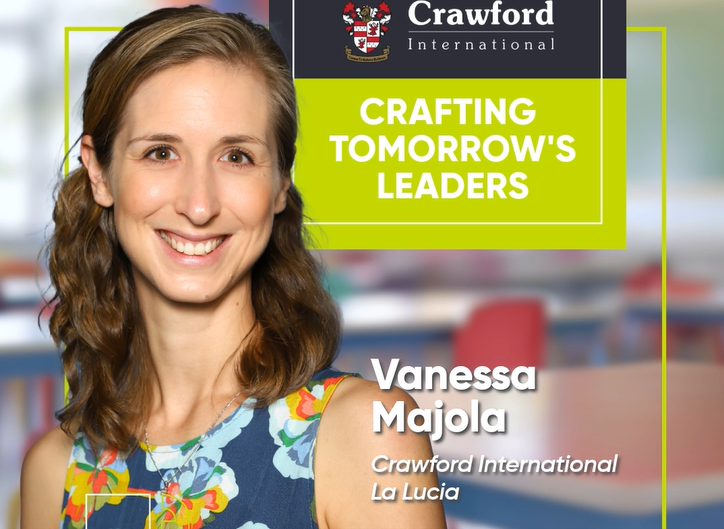How Much Sleep Does a Teenager Need?
September 30, 2022
Your teen needs a lot more sleep than you may think, but how many hours is that exactly?

You know the phrase, ‘sleeping like a baby’? Well, it should be ‘sleeping like a teenager’ – anyone who has tried to get their teenager about before 8am would agree. But why do teenagers stay up so late and then find it hard to wake up in the mornings? Why does it seem like all they do is sleep? And where has your previously active child gone?
The Teenage Body and Brain
The reason your teen seems so sleepy is because they are! They need more sleep than they did as a child because their brain and body are going through major changes.
Teenagers go through a second cognitive developmental shift (the first being that of early childhood). Their brains are literally growing and maturing, and this takes work. They also have physical growth spurts that add to their need for additional sleep.
Then there are those pesky puberty hormones. As if they don’t have enough of an effect on a teenager’s mood, they also have an effect on their circadian rhythm. (Definition: circadian rhythms are physical, mental, and behavioural changes that follow a 24-hour cycle. These natural processes respond primarily to light and dark and affect most living things, including animals, plants, and microbes).
This bumps your teenager’s body clocks and sleep-awake time out by one or two hours. Therefore, teenagers are invariably thought of as night-owls – this shift, and the resultant lag in producing the sleep hormone melatonin, makes it difficult for them to fall asleep early; and so, they need to sleep in a bit later to make up for it. But because we’re all on a schedule, having to wake up and be at school by a certain time leads to a nightly sleep debt that starts to add up quickly.
How Many Hours of Sleep Do Teenagers Need Then?
Sleep is important for everyone because it helps every single system in our bodies function the way they need to. Immunity, hormone regulation, muscle, and tissue recovery, and more – it all depends on the quality of ZZZs we get.
America’s National Sleep Foundation and the American Academy of Sleep Medicine both say that teens need between 8 and 10 hours of sleep every night to maintain their physical health, emotional welfare, and school performance. In fact, the sweet spot seems to be 9 hours and 15 minutes of nightly sleep. This is more than children or adults need. Yet studies have shown that most teenagers get 6.5 to 7.5 hours of shut eye a night
Sleep thieves
Besides the increased needs of a teen’s body and brain, there are several factors at play that affect how many hours of quality sleep a teenager gets. These include:
- Schedules: There’s barely enough time in the day for homework, extra murals, sport, friends, social commitments and, for some, part-time work, never mind 10 hours of sleep.
- Screens: Screen-based devices steal a chunk of sleep every night. A study done by the Vic Health and the Sleep Health Foundation found that teens who put their phones down an hour before bed gained an extra 21 minutes of sleep a night. TikTok, YouTube and group chats just aren’t worth the no-sleep.
- You can add all kinds of light exposure to the above point too, as TV, tablets and gaming are hyper stimulating. They can also decrease the production of melatonin, the hormone that helps us fall, and stay, asleep.
- There could also be sleep disorders or mental health issues that are affecting your teen’s sleep, and so it’s important to keep an eye on things from a big-picture view. Read more about mental health in teens in our blog on it.
What this adds up to is a vicious cycle – that sleep debt we mentioned earlier means that because they’re not getting enough sleep, your teen’s brain gets even more active, which makes their brain even more stimulated and less able to fall asleep.
Effects of too little sleep
Not getting enough sleep over a period of time leads to chronic sleep deprivation. This can affect the development of the frontal lobe, which is the area of the brain that controls decision making and impulsive behaviour. And, because this area of the brain is already undergoing massive change in the teen years, it’s critical that your teen gets the sleep they need. Lack of sleep can also mean impact a teen’s mental and physical health, concentration and attention span, self-esteem, and academic and sporting performance. Sleep deprivation also contributes to an increased risk of anxiety and depression.
How To Help Your Teen Sleep
- Let your teen sleep in over the weekends – it’s not laziness, but a chance to catch up on any sleep they may have lost out on during the week.
- Encourage a healthy, regular bedtime routine. Have a bath, stop any stimulating activities at least an hour before, meditation or mindfulness activities to help them wind down, perhaps invest in a white noise machine to encourage sleep, etc.
- Try to make Sunday nights an extra early night so that they can start off a school week on enough sleep.
- Put a limit on screens for at least an hour before bedtime. This includes phones, tablets, TV, computers, games, as well as loud music or anything that stimulate the brain.
- Drinks like coffee, tea, energy drinks and even cooldrinks should be a no-no after the early evening or late afternoon. They contain ingredients that act as stimulants, exactly the opposite of what your teen needs before bed.
- Discuss their after-school commitments and schedule to try to free up some time, ensuring to make enough provision for getting homework done at a reasonable time every day.
- If they can, encourage your teen to take an afternoon nap to recharge.
- Keep their bedroom as dark as possible. The body’s sleep cycle depends heavily on how much light is being received by the eyes, so make things as dark as possible at night (and do the opposite at wake-up time – stimulate the brain with lots of bright light).
- Going to sleep and waking up at the same time every day, even over weekends, is the best thing to do to get the body regulated. Even an extra 30 minutes of sleep every night will make a big difference, but it will take up to six weeks of “catching up” on sleep before you or your teen notice the difference.
- Lastly, chat to your family’s GP if your teen is experiencing ongoing sleep issues, including sleep walking, or if they feel like anything is taking a toll on their mental health.
Read more helpful Crawford International parenting articles here.












